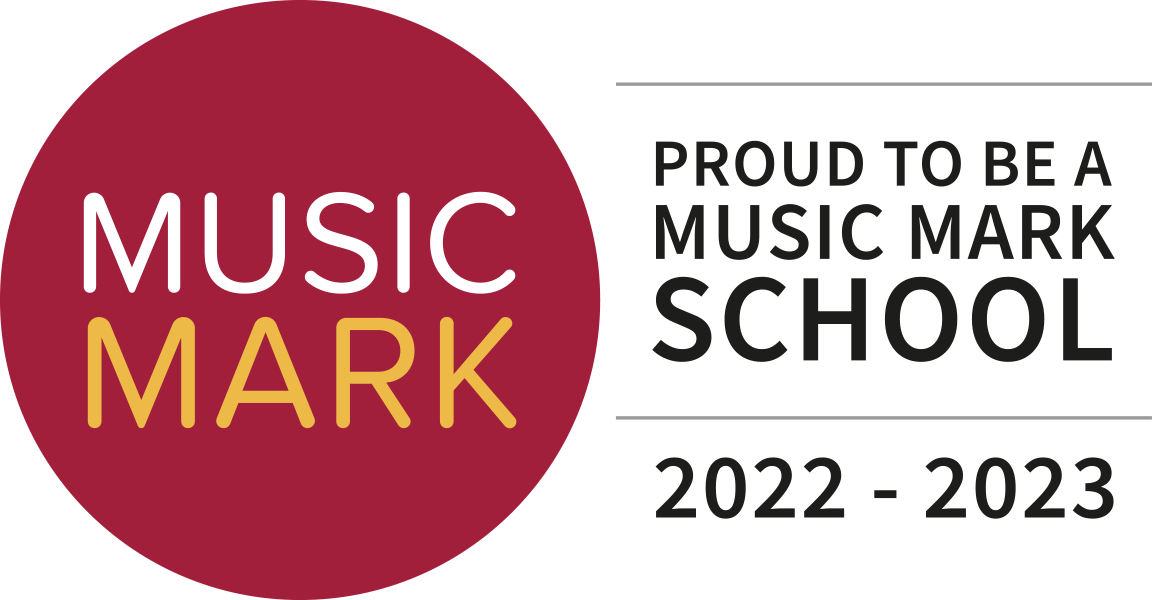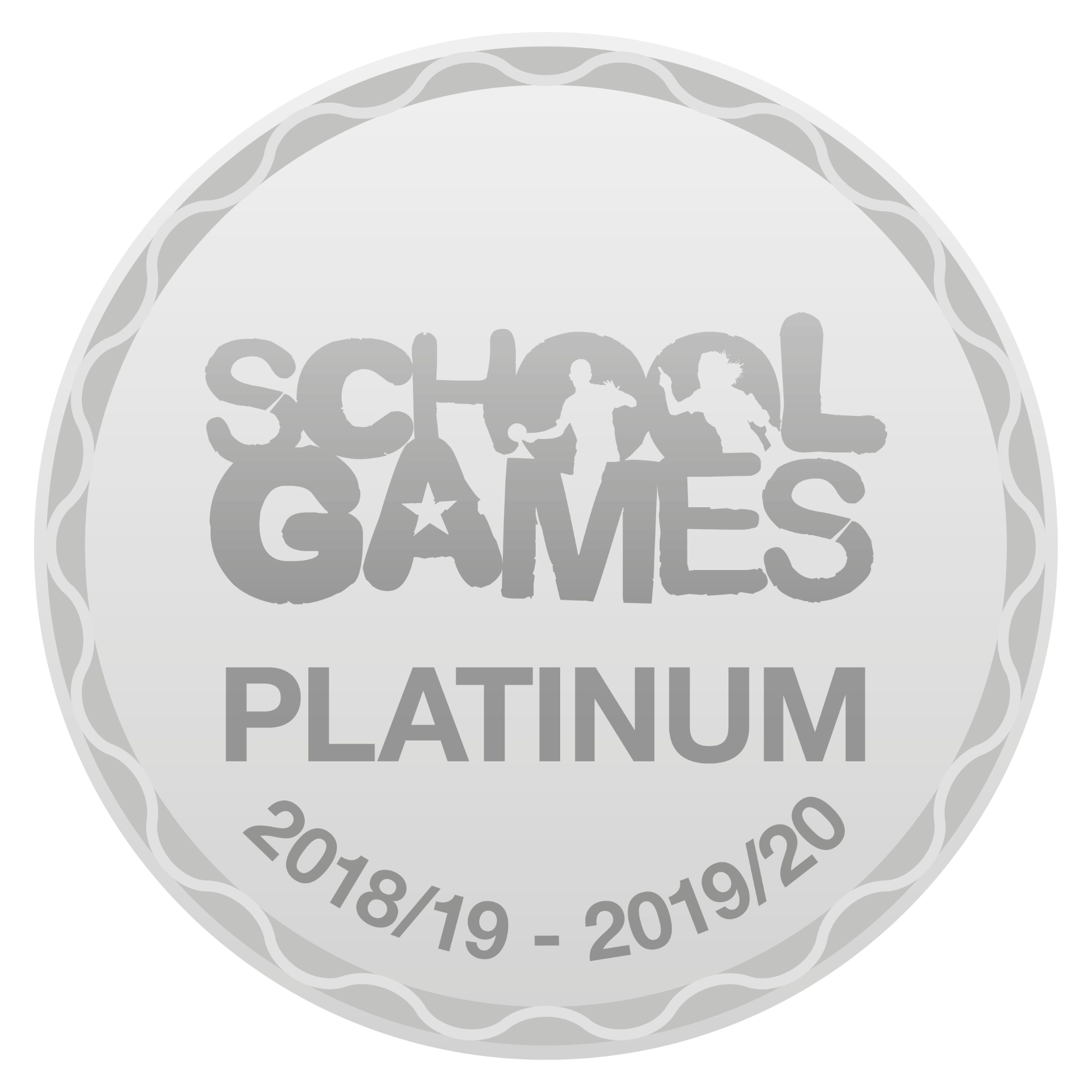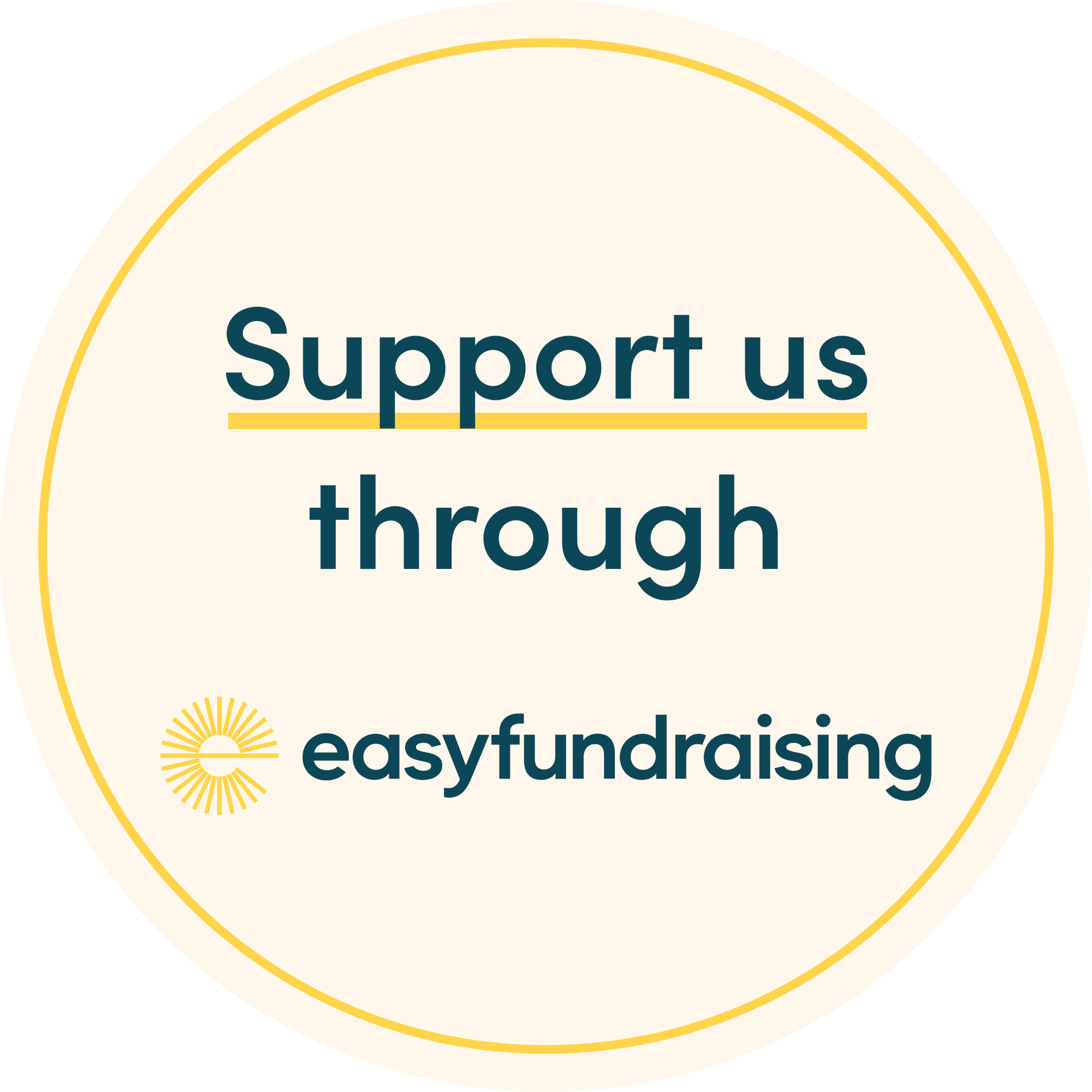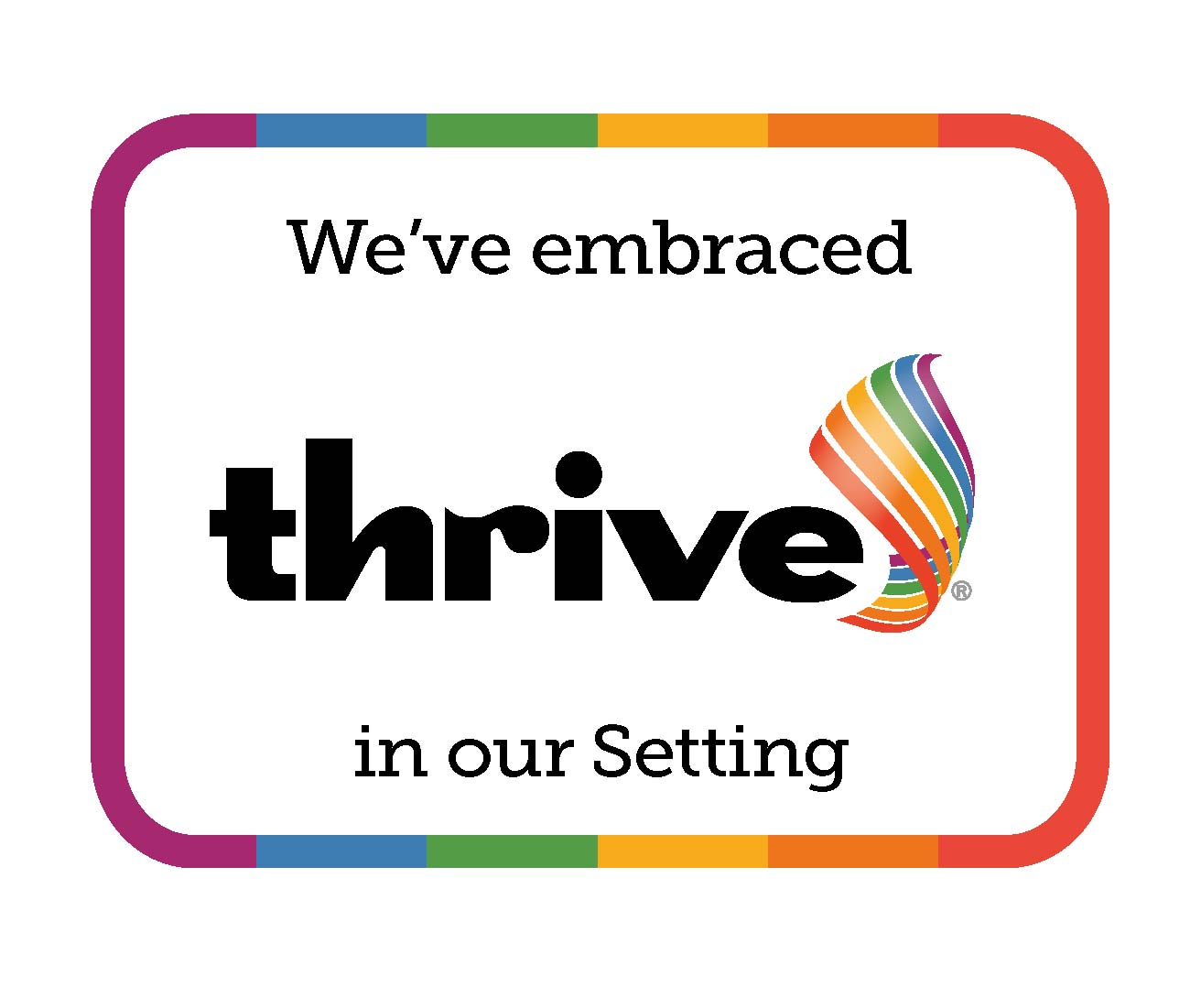English
English Curriculum Statement
At the Federation of St Edmund’s and St Joseph’s English underpins the curriculum; the ability to read, write and to communicate well enables all other areas of the curriculum to become accessible. We aim to put English at the heart of our curriculum by using English skills to research other subjects, and by using other subjects as the context for English work.
Reading
At the Federation of St Edmund’s and St Joseph’s we believe reading is the bedrock of success in education. Reading is the cornerstone for all learning as it has the power to shape minds both in the classroom and, ultimately outside it. It needs to be taught frequently and with a vast quantity of rich literature using texts of both fiction and non-fiction. Through reading, pupils have a chance to develop culturally, emotionally, intellectually, socially and spiritually. Reading also enables pupils both to acquire knowledge and to build on what they already know. Each year group has a selection of texts which are read to the children. These texts have been selected to provide all children with knowledge of classic children’s literature both from the past and more recent, picture books, and poetry.
At the Federation of St Edmund’s and St Joseph’s we teach phonics using a linguistic phonics programme called ‘Sounds Write’. Sounds Write is a highly structured, multi-sensory approach to teaching children to read and spell. Sounds Write starts with what all children know from a young age – the sounds of our spoken language. The children are then taught how these sounds are spelled in our writing system in a systematic approach. The structure and simplicity of this programme makes it accessible to all learners and helps them make excellent progress with their reading and spelling.
The four key concepts that the children are taught are:
- Letters are symbols that represent sounds.
- Sounds can be spelled using 1, 2, 3 or 4 letters.
- The same sound can be spelled in different ways.
- The same spelling can represent different sounds.
There are three key skills that the children need to master:
- Blending
- Segmenting
- Phoneme manipulation
Children in Early Years begin with the Initial Code where they practice all three skills in the context of whole words. This enables them to learn the 1:1 sound spelling correspondences and the understanding of concept 1, that letters are symbols that represent sounds. Initially, children learn to read and write one syllable CVC words. This then builds up systematically to words with up to 6 sounds.
Once the children have mastered the Initial Code they continue to practise all three skills while also learning the extended code which explores concepts 2, 3 and 4. The English language is complex and this learning and understanding of the Extended Code is a lifelong process which we continue to develop when we encounter new words. This is why we continue to teach this across the whole school, right up to the end of KS2. As they learn the Extended Code, children read and write monosyllabic words and polysyllabic words at an age appropriate level.
The teaching of reading and spelling is through repeated exposure to ensure mastery and every lesson includes both the reading and the writing of words. The children in EYs have 20-minute phonics sessions every day and then this builds up to daily 30-minute sessions in Years 1-4. Years 5 and 6 have three 30-minute sessions a week.
Sounds Write sessions are built around a cycle of careful and rigorous planning which allows the children repeated practice and exposure. In these sessions, children encounter new learning, as well as being given daily opportunities for revision and retrieval. Reading books and spellings are part of the retrieval practice so children have opportunities to rehearse and retrieve what they have already been taught and revised at school. We have a range of books for the children to access in order to do this.
The books that the children use to practice are fully decodable initially. Once they are secure with the initial code and first part of the Extended Code the children move onto other books with a wider range of alternative spellings. As the children will primarily be reading words that they have already had repeated exposure to this enables them to work on reading with automaticity and fluency
At the Federation of St Edmund’s and St Joseph’s, we encourage an interest and curiosity in exploring words. Children are exposed to a vocabulary-rich curriculum where words are explicitly taught, discussed, analysed and revisited. The Sounds Write approach is central to this, considering the sound-spelling correspondences, syllable structure as well as the meaning and structure of words.
Parents are invited into school to see phonics lessons in action in Parent Drop-ins and to an annual workshop to outline the Sounds Write programme.
We encourage all parents to access the free Sounds Write online courses which outline the main concepts of Sounds Write and how children can be supported at home. This information will aid parents to support their child to blend and segment sounds in words, to build, read and write words and how to help them when they make a mistake. It also gives an insight into the approaches and techniques that are used in school.
Part one:
https://www.udemy.com/course/help-your-child-to-read-and-write/
Part two:
https://www.udemy.com/course/help-your-child-to-read-and-write-part-2/
We use Accelerated Reader as a tool to encourage students to read independently and inspire them to enjoy the world of books. Accelerated Reader encourages substantial differentiated reading practise to create competent readers. Based on each student's independent reading level, AR helps teachers set personalised goals for each student, and guide students to books that are difficult enough to keep them challenged, but not so difficult as to cause frustration. The program promotes a positive relationship with reading, where our children can gain rewards for their reading through taking quizzes after they have completed a book; keeping count of the words they have read and aim to become ‘Word Millionaires’ as well as having a constructive awareness of the accuracy of their reading. Reading for pleasure is a key driver at our Federation and all teachers at St Edmund’s and St Joseph’s Primaries are responsible for promoting this.
Writing
At the Federation of St Edmund’s and St Joseph’s, our aim is that all children have a love of English and are excited to read, write and express themselves. In order to achieve this, we follow Talk for Writing (TFW) as a cumulative and systematic process for the teaching of composition.
At the heart of Talk for Writing is the principle that schools should increase the amount children read and are read to; a principle that we passionately believe in. Through their time at St Edmund’s and St Joseph’s, children gradually build their bank of well-known texts, supplemented by picture books, novels and non-fiction books. Gradually, this living library of language begins to equip the children with the words they need to express themselves.
At the Federation, children are immersed in Talk for Writing from Early Years to Year 6. Its three phases (Imitation, Innovation and Independent Application) mean that children are explicitly taught how to write a variety of text types and how to write for a specific purpose in an engaging way. Teachers act as expert models of the writing process in shared writing sessions and there are regular opportunities for children’s writing and ideas to be shared, displayed, published and celebrated.
The end goal of the teaching of any writing should be to develop children into successful independent writers. At the end of each unit, once all of the teaching, modelling and internalisation of knowledge has taken place, there is an opportunity for children to produce a final, independent piece of work.
Writing is a primary means of expression, both for personal cognitive purposes and for communicating meaning with others. Pupils learn how to write with confidence, fluency, imagination and accuracy by orchestrating their knowledge of context and composition (text level), grammatical knowledge (sentence level) and knowledge of phonics, word recognition and graphic knowledge (word level).
We provide a wide variety of reasons and purposes for writing and in the early years we provide many opportunities for child initiated and role-play writing. As soon as children are able to form most letters correctly and have a good pencil grip, we teach a fluent and legible handwriting style that empowers children to write with confidence and creativity in line with our handwriting policy.
Supporting Children with English as an additional language (EAL)
EAL learners have a dual task at school: to learn English (language) and to learn through English. For this reason, EAL teaching aims to teach English using the mainstream curriculum as the context. Specific teaching strategies and resources are therefore necessary to make the language of the curriculum accessible to learners who use EAL. Within our Federation we do this in several ways, with the use of the Racing to English programme being the primary resource. Software such as WIDGET and CLICKER are also used to support language acquisition. As a Federation we actively encourage our EAL children to read in their first language at home, whilst immersing them in English within the school community.
Resources
Punctuation
Talk for Writing
Spelling Lists, VOCAB & Requirements
KS2 Grammar Curriculum
Alan Peat's Sentence Structures
Alan Peat's Sentence Structures
Click on the link below to find out more about Alan Peat Apps, which can be purchased through Apple Store and Google Play Store. There are also some details of some free apps.











